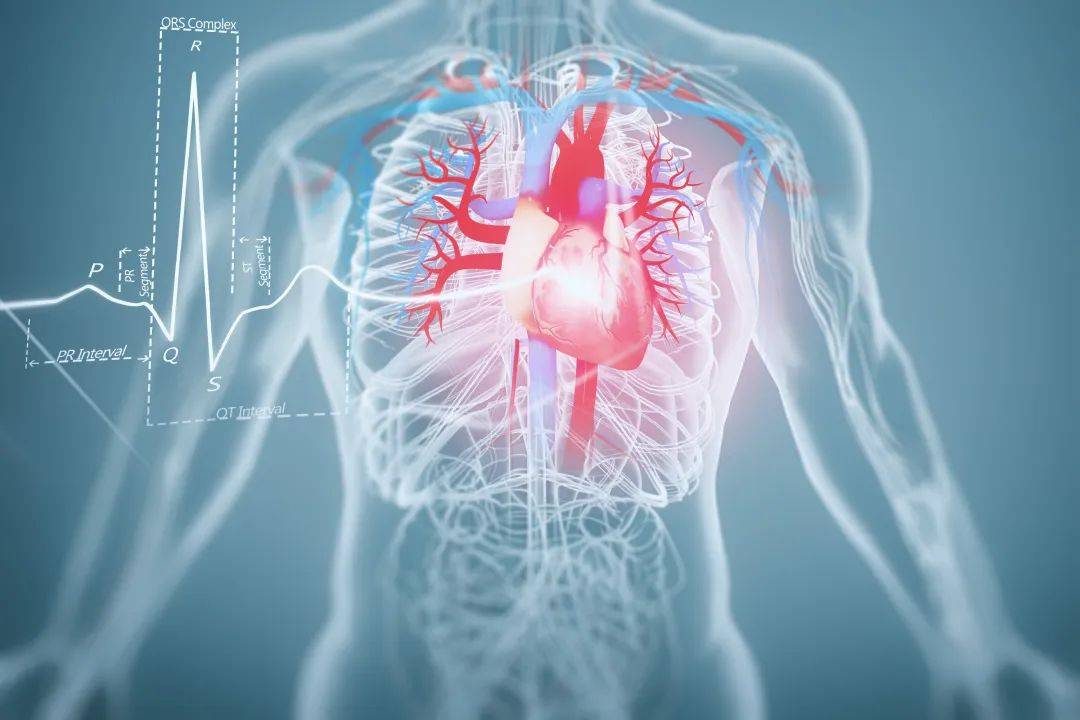Oxygen is the basis of human metabolism and the source and foundation of life and health. Human beings need oxygen because the source of human energy is provided by the aerobic decomposition of sugars, which can oxidize substances into energy to meet the needs of human tissues and organs. Lack of oxygen can affect metabolism, which in turn leads to physical discomfort, causes various diseases and endangers health.
Long-term hypoxia can lead to reduced sensitivity of peripheral chemical receptors and reduced pulmonary ventilation ability, resulting in respiratory depression, irregular respiratory rhythm, and central respiratory failure. Long-term hypoxia can also cause the continuous contraction of the small pulmonary artery, increase the resistance of pulmonary circulation, cause pulmonary hypertension, and eventually cause right heart failure. Long-term myocardial hypoxia can cause the reduction of myocardial contraction and diastolic function, causing bradycardia and premature beat. In severe cases, it will induce the occurrence of malignant arrhythmias such as ventricular fibrillation. Long-term hypoxia in the blood system can lead to an increase in the number of red blood cells, an increase in blood viscosity and an increase in blood flow resistance, thus increasing the burden on the heart. Chronic hypoxia in the nervous system can be manifested in symptoms such as inattention, drowsiness, fatigue, and depression.

Nowadays, the oxygen content in the air is about 21%. When the oxygen content is too low, the human body will have hypoxia, which will endanger life when severe hypoxia. When the oxygen content is too high, it will also cause certain damage to the human body. If people breathe pure oxygen, it will cause the phenomenon of oxygen poisoning. Therefore, from the perspective of human physiology, there is no need to inhale high concentrations of oxygen. Generally, diluted oxygen is inhaled. The following table shows the effect of oxygen concentration on the human body.
Oxygen concentration (% volume) |
Effects of the human body (atmospheric pressure)
|
60%~100% | In cases of respiratory diseases, cardiovascular and cerebrovascular diseases, plateau hypoxia, or doctor-recommended oxygen inhalation, etc., this high concentration of oxygen absorption can ensure the normal function of the human body. |
40%~60% | This oxygen concentration has a relatively obvious corrective effect on patients with obvious ventilation and blood flow ratio disorders and patients with diffuse pulmonary interstitial changes. In particular, patients with low hemoglobin concentration and cardiac insufficiency can correct hypoxia, improve circulatory function and improve blood gas indicators by inhaling oxygen. |
22%~40% | Oxygen enrichment relieves brain fatigue and improves body function. |
20.9% | Normal concentration of oxygen (standard atmospheric pressure) |
19.5% | Minimum allowable concentration of oxygen |
15%~19% | Reduce work efficiency and can lead to head, lung and circulatory system problems. |
10%~12% | Shortness of breath, loss of judgment, purple lips |
8%~10% | Mental loss, fainting, unconscious, pale face, purple lips, nausea and vomiting |
6%~8% | Maintain vital signs for 8 minutes |
4%~6% | Convulsions, stop breathing, and die within 40 seconds. |
Note: For patients who need oxygen therapy, it is recommended that oxygen concentration should not be blindly increased due to hypoxemia. The doctor recommends scientific oxygen inhalation. |